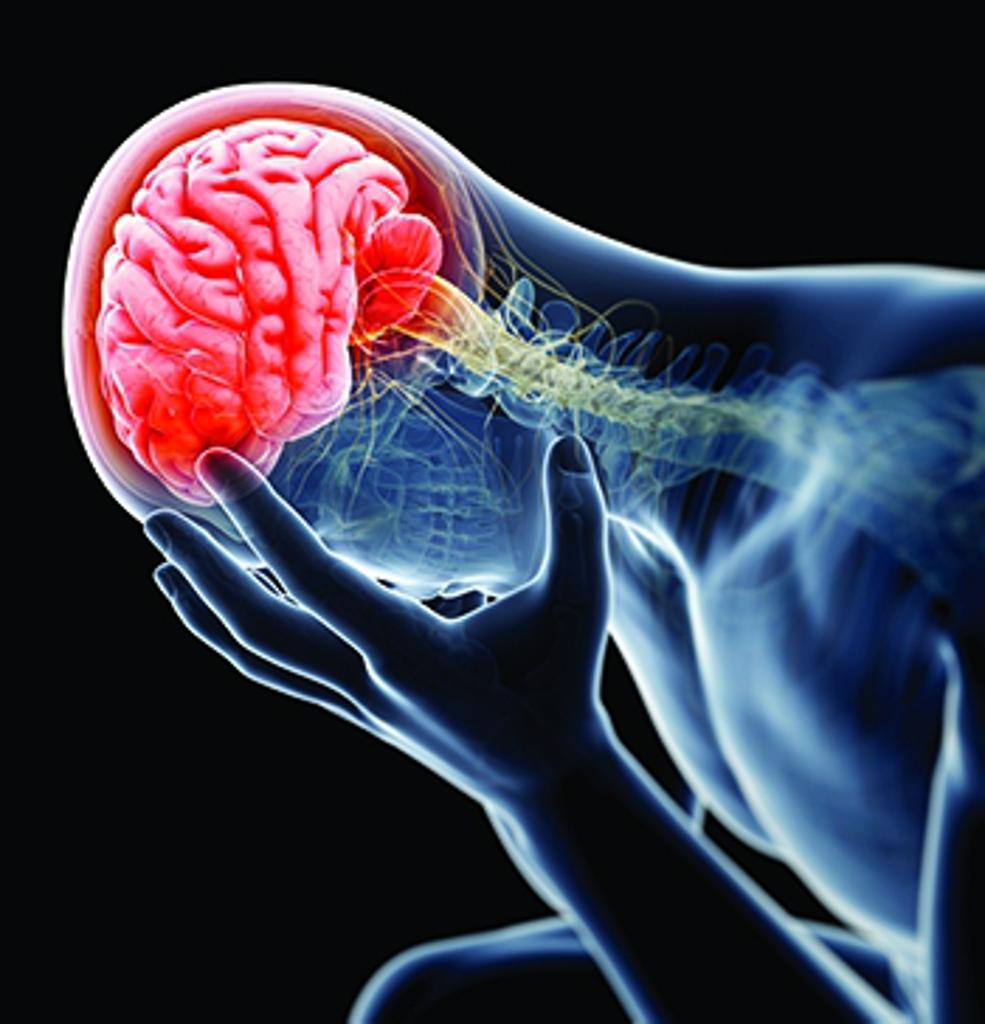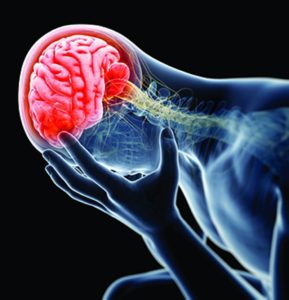
ABCs of Brain Injury: G Is for Genetic Testing
Depression is a fairly common occurrence among brain injury survivors. We are survivors because we have the inner strength to overcome many difficulties that life places in our path.
 Treating this particular type of depression is anything but routine. There are unseen genetic factors that can affect one’s ability to respond to medication for depression. Four years after my correct brain injury diagnosis, my caretaker learned from others in our brain injury support group at Adventist Rehabilitation Hospital about Dr. Bruce Kehr, of Potomac Psychiatry in Rockville, who uses genetic testing as one tool to determine the best antidepressant for an individual. Dr. Kehr is the author of a blog and several books.
Treating this particular type of depression is anything but routine. There are unseen genetic factors that can affect one’s ability to respond to medication for depression. Four years after my correct brain injury diagnosis, my caretaker learned from others in our brain injury support group at Adventist Rehabilitation Hospital about Dr. Bruce Kehr, of Potomac Psychiatry in Rockville, who uses genetic testing as one tool to determine the best antidepressant for an individual. Dr. Kehr is the author of a blog and several books.
Genetic testing for psychiatric purposes is not a magic bullet. But if you can use a non-invasive tool like genetic testing, why wouldn’t you?
It can be a very slow process. It may take months to wean off one antidepressant at a time and change to others that might be more effective.
This process can be a difficult one, for both the survivor, whose mood may get worse before it gets better, and the caretaker, who often bears the brunt of the survivor’s mood swings.
Surviving a brain injury and accepting a “new normal” after a correct diagnosis takes time. It can be quite a roller-coaster ride during that period of acceptance and adjustment.
Who wouldn’t be depressed?
I am still in the process of dealing with the findings of the genetic testing and what treatment may be best for that depression. After 10 months, but I’m still not sure how long this process will take.
Eventually I will report on what I’ve discovered in the process.
Recovery, I’m learning, is a marathon, not a sprint.
If you can share any helpful experiences on what has helped you or a loved one who is dealing with depression, please do in the comments section below. In doing so, please keep in mind this quote: in a world where you can be anything, be kind.



Engage us on Facebook
Follow us on Twitter
Tweets by @mymcmedia